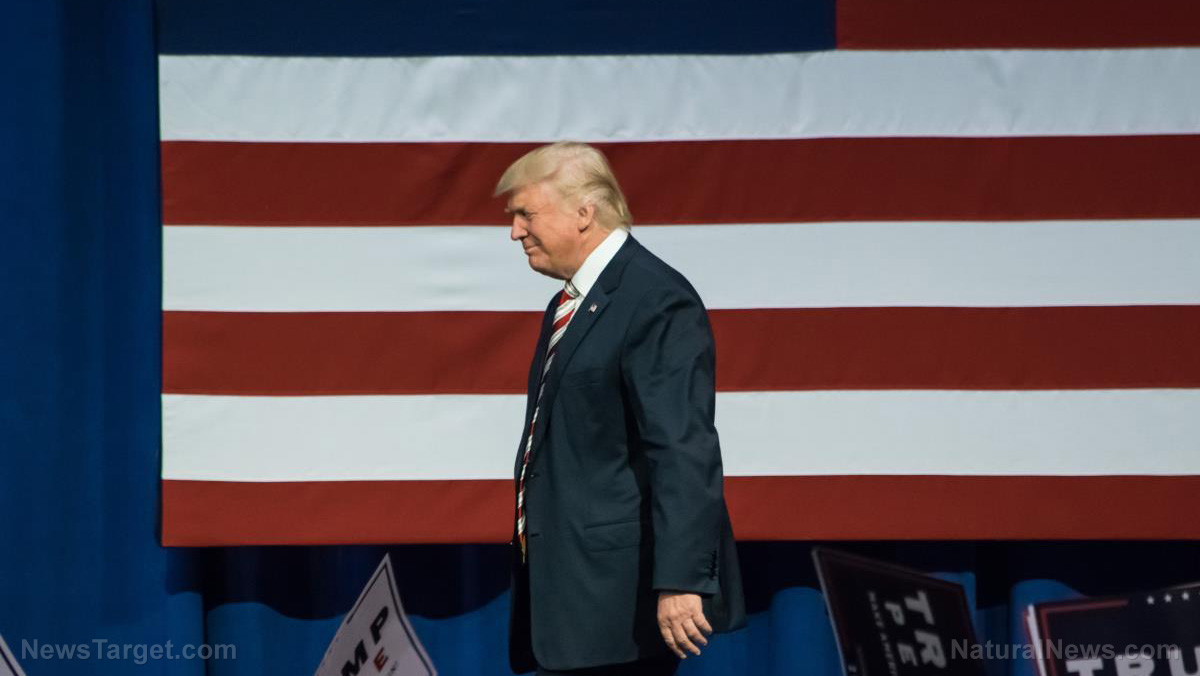- President-elect Trump’s Concerns: Outraged over «exorbitant» passage fees, Trump threatens to retake the Panama Canal from Panama.
- History and Treaty Background: The canal was transferred to Panama in 1999 through the Torrijos-Carter Treaties signed by President Jimmy Carter.
- Strategic Importance: The canal is vital for U.S. commerce and military operations; Trump warns against Chinese influence.
- Panama’s Response: President Jose Raul Mulino defends Panama’s sovereignty and control over the canal, rejecting any notion of Chinese influence or higher fees.
- Global Consequences: The dispute could affect global trade and international relations.
Trump Administration exposes China’s influence in the Panama Canal, and will negotiate fees, establish American influence again
As the new U.S. President-elect Donald Trump prepares for his inauguration, concerns over China’s growing influence and drug trafficking are spurring a major diplomatic showdown over the Panama Canal. Trump has vowed to combat these threats by potentially reclaiming control of the vital waterway, an action that could reshape international trade and U.S.-Panama relations.
In a recent statement on his Truth Social network and during a speech at the AmericaFest conference, Trump expressed outrage over what he sees as «exorbitant» passage fees and the risk of Chinese influence over the canal. “The fees being charged by Panama are ridiculous, especially knowing the extraordinary generosity that has been bestowed to Panama by the US,” he said. “I will never allow this vital artery to fall into the wrong hands, especially China’s.”
Historically, the Panama Canal has been a critical strategic asset for the United States since its construction under U.S. leadership in 1914. However, the canal was transferred to Panamanian control in 1999, as per the Torrijos-Carter Treaties signed by former President Jimmy Carter in 1977. Trump has criticized this decision, calling it “foolish,” and has vowed to take back control if Panama does not adhere to the “moral and legal principles” of the transfer.
Do the Chinese or drug traffickers have influence in the Panama Canal?
The canal’s management has long been a matter of international concern. Trump highlighted the increasing presence of Chinese companies at port facilities near the canal as a cause for alarm. “A secure Panama Canal is crucial for US commerce and rapid deployment of the Navy from the Atlantic to the Pacific,” he emphasized.
In response, Panamanian President Jose Raul Mulino has defended his country’s sovereignty. In a video address, Mulino stated, “Every square meter of the Panama Canal and its adjacent area belongs to Panama, and it will continue to be so.” He added that the canal’s rates are set transparently and are adjusted based on market conditions, international competition, and operational needs.
The dispute over the canal has significant economic and strategic implications for both countries and the global market. The canal handles about 5% of world trade, with more than 70% of its cargo originating in or destined for the United States. A major power shift could disrupt international trade flows and military deployments.
Moreover, the potential for U.S. military intervention raises concerns about the stability and neutrality of the canal, which was established as a neutral transit route under international treaties. While Trump’s rhetoric has drawn criticism from some quarters, it reflects growing U.S. concerns about protecting national interests in a changing global landscape. If the Trump Administration can expose corruption with Panama’s government and link it back to drug trafficking in the Panama Canal, or the Chinese Communist government is getting favored unfairly over the United States, prepare for a showdown. The outcome of this dispute will have far-reaching implications for trade, security, and diplomatic relations in the Western Hemisphere and beyond.
Sources include:
